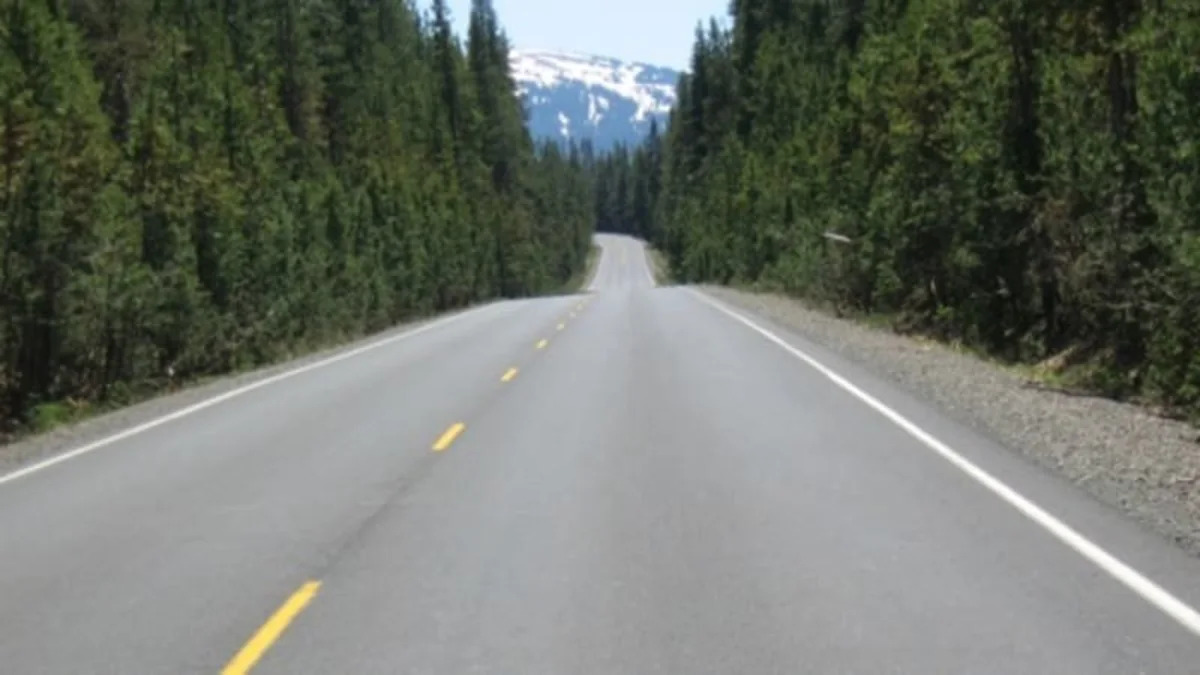Earlier this year, Transportation Secretary Ray LaHood briefly became an Internet comment piñata by suggesting the U.S. think about instituting a mileage tax. The idea went nowhere, but this doesn't mean that a mileage tax is unworkable anywhere. In fact, Oregon began considering a mileage tax at least as far back as 2001 and started working with 300 mileage tax-paying volunteers in 2006 (see this 2007 post and Oregon's 2007 PDF report for more). "Oregon's successful experiment with a mileage tax," as Adam Stein over at TerraPass calls it, provides a model for how a mileage tax can and should work.
Basically, by combining GPS units that tracks miles driven but only transmit the data to receivers at gas stations and instant tax calculation at the pump, Oregon managed to eliminate a lot of the worries that opponents have of a mileage tax. These include privacy issues and added complexity. Still, one of the biggest problems with a mileage tax - that fuel-efficient vehicles and gas guzzlers are treated equally, thereby eliminating at least one incentive for people to shift to vehicles that burn less fuel - remains, no matter how well the system works. What's more, participants in the program ended up driving less than a control group, so there were some environmental benefits. If you're in favor of charging taxes by the mile, take a look at how one state managed to implement the tax without offending the (self-selected) people paying the money.
[Source: TerraPass]
Photo by JeffWilcox. Licensed under Creative Commons license 2.0.
Basically, by combining GPS units that tracks miles driven but only transmit the data to receivers at gas stations and instant tax calculation at the pump, Oregon managed to eliminate a lot of the worries that opponents have of a mileage tax. These include privacy issues and added complexity. Still, one of the biggest problems with a mileage tax - that fuel-efficient vehicles and gas guzzlers are treated equally, thereby eliminating at least one incentive for people to shift to vehicles that burn less fuel - remains, no matter how well the system works. What's more, participants in the program ended up driving less than a control group, so there were some environmental benefits. If you're in favor of charging taxes by the mile, take a look at how one state managed to implement the tax without offending the (self-selected) people paying the money.
[Source: TerraPass]
Photo by JeffWilcox. Licensed under Creative Commons license 2.0.


Sign in to post
Please sign in to leave a comment.
Continue